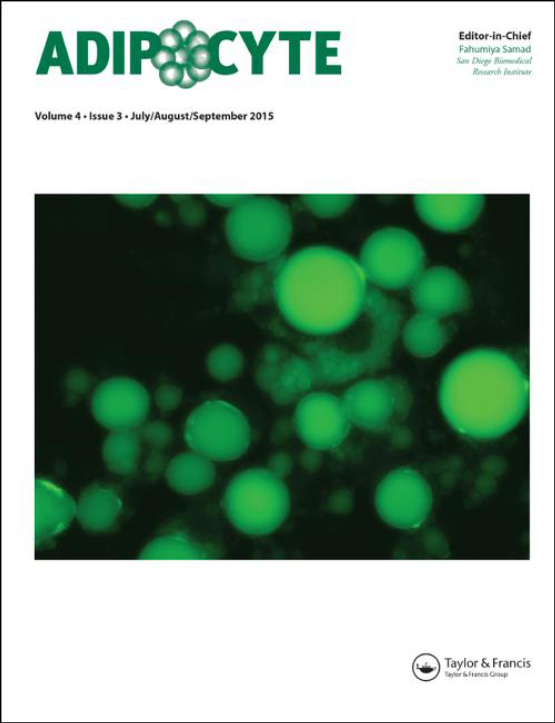Submit a Manuscript to the Journal
Adipocyte
For an Article Collection on
Nipping Adipocyte Inflammation in the Bud
Manuscript deadline
29 April 2024


Article collection guest advisor(s)
Dr. Michael Griffin,
Sam Houston State University
[email protected]
Nipping Adipocyte Inflammation in the Bud
Over two decades of research have established that adipose tissue inflammation lies at the heart of systemic insulin resistance characteristic of Type 2 diabetes, hypertension, cancer, and other metabolic disorders. While much of the research has focused on the comings and goings of various immune players in the process, we still know comparatively little about what triggers the inflammation in adipocytes or the systemic consequences or benefits if adipose inflammation is disabled at the adipocyte level. A few studies have demonstrated that disrupting inflammation in adipose tissue leads to beneficial (or, in some cases, detrimental) metabolic effects; however, very few studies have specifically disabled inflammation in adipocytes and only in adipocytes. As such, we are particularly interested in manuscripts investigating the initiating events that lead to metabolic and transcriptional reprogramming in adipocytes at the onset of inflammation. Such new research could lead to drug targets that could “nip adipocyte inflammation in the bud” before it evolves into a full-blown cascade of immunometabolic changes in adipose tissue that harm other metabolic tissues.
Specific topics for this Article Collection might include truly adipocyte-specific in vitro and in vivo knockout models that disable inflammation in adipocytes; studies of transcriptional and metabolomic changes that occur in adipocytes in response to various noxious stimuli; proteomics studies, and nutritional interventions that might ameliorate ATI and their mechanisms of action. Examples of “druggable” targets might include fat cell-specific protein-protein interactions, DNA- or chromatin-modifying enzymes, or adipocyte-specific hormone-receptor interactions. We are also interested in research that asks the question of whether we can alter ATI independently of adiposity, i.e., can we abate adipose tissue inflammation even without a change in fat mass?
We also welcome mechanistic studies that further examine the immunometabolic changes that occur in innate and adaptive immune cells in adipose tissue and their impact on systemic insulin resistance. Taken together, we anticipate that this call for manuscripts might help to lead to discoveries that could improve or prevent inflammation in adipose tissue without deleterious effects on the general immune system.
Disclosure Statement: Dr. Griffin declares no conflict of interest regarding this work.
Benefits of publishing open access within Taylor & Francis
Global marketing and publicity, ensuring your research reaches the people you want it to.
Article Collections bring together the latest research on hot topics from influential researchers across the globe.
Rigorous peer review for every open access article.
Rapid online publication allowing you to share your work quickly.
Looking to Publish your Research?
Find out how to publish your research open access with Taylor & Francis Group.
Choose open accessSubmission Instructions
All manuscripts submitted to this Article Collection will undergo desk assessment and peer-review as part of our standard editorial process. Guest Advisors for this collection will not be involved in peer-reviewing manuscripts unless they are an existing member of the Editorial Board. Please review the journal Aims and Scope and author submission instructions prior to submitting a manuscript.